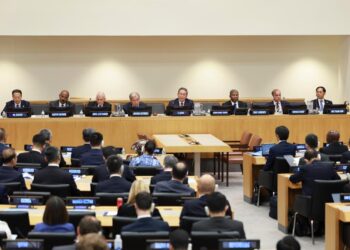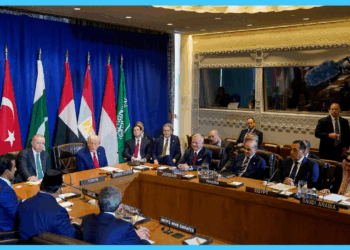LONDON; A UK court has ruled in favor of retired Pakistani military officer Brigadier Rashid Naseer in a defamation lawsuit against UK-based YouTuber and former army officer Adil Farooq Raja. The verdict, announced on 24 July 2025 by the King’s Bench Division of the High Court in London, found Raja guilty of making false, malicious, and defamatory claims, and ordered him to pay £2.5 million in damages—equivalent to nearly 940 million Pakistani rupees.

The case centered on a series of allegations Adil Raja made on YouTube and other social media platforms beginning in 2022. His claims accused Brigadier Rashid Naseer of corruption, political interference, pressuring the judiciary, violating human rights, and engaging in personal misconduct. The court also noted that Raja shared private photographs of Brigadier Naseer’s family members, further aggravating the impact of the defamatory campaign.
The lawsuit was filed in August 2022 in London. During the extended legal proceedings, the court reviewed extensive evidence, including witness testimony and digital content presented by both parties.
In April 2024, the court had already ruled that nine out of ten statements made by Raja were defamatory under UK law. He was initially ordered to pay over £16,000 in legal costs. Due to delays and further non-compliance, an additional penalty of £6,100 was imposed in May 2024.
The final hearing concluded in early July 2025. After careful review, the court determined that Adil Raja’s statements were not aimed at serving the public interest but constituted a targeted and vindictive campaign lacking credible evidence. The judgment concluded that his actions caused significant harm to Brigadier Naseer’s reputation, dignity, and family privacy.
The court not only ordered Raja to pay financial damages but also instructed him to issue a public apology on his social media accounts and permanently remove all defamatory content related to Brigadier Naseer.
In its ruling, the court emphasized that individuals, including influencers and former officials, must refrain from making serious allegations against military personnel or public servants without reliable evidence. It warned that freedom of speech does not extend to deliberate defamation or reputational harm.

























